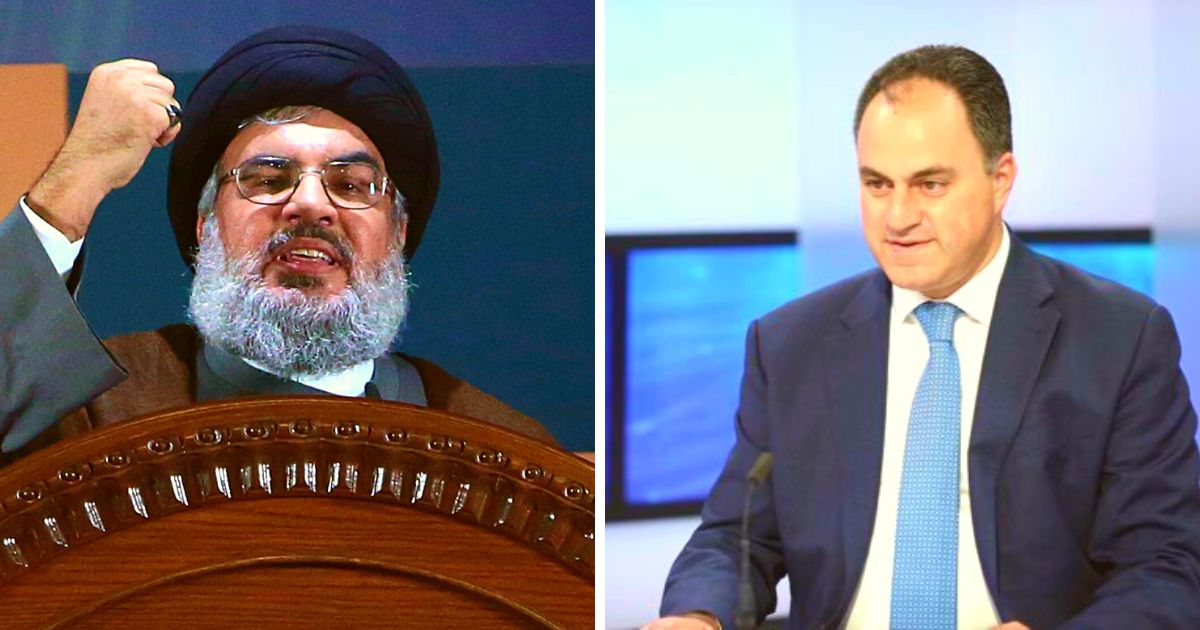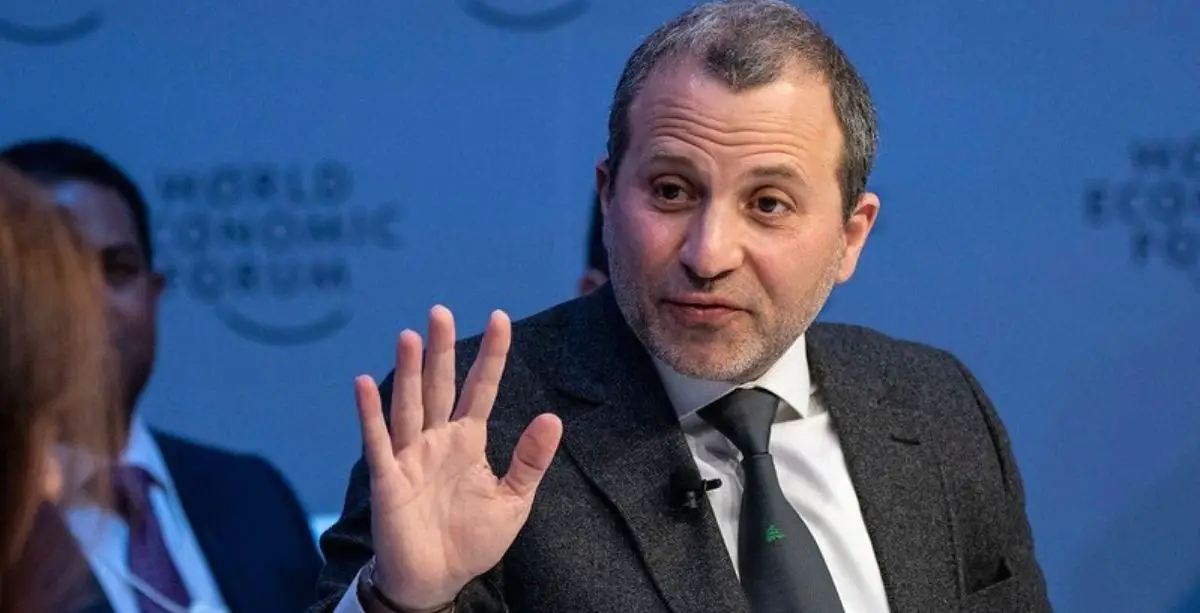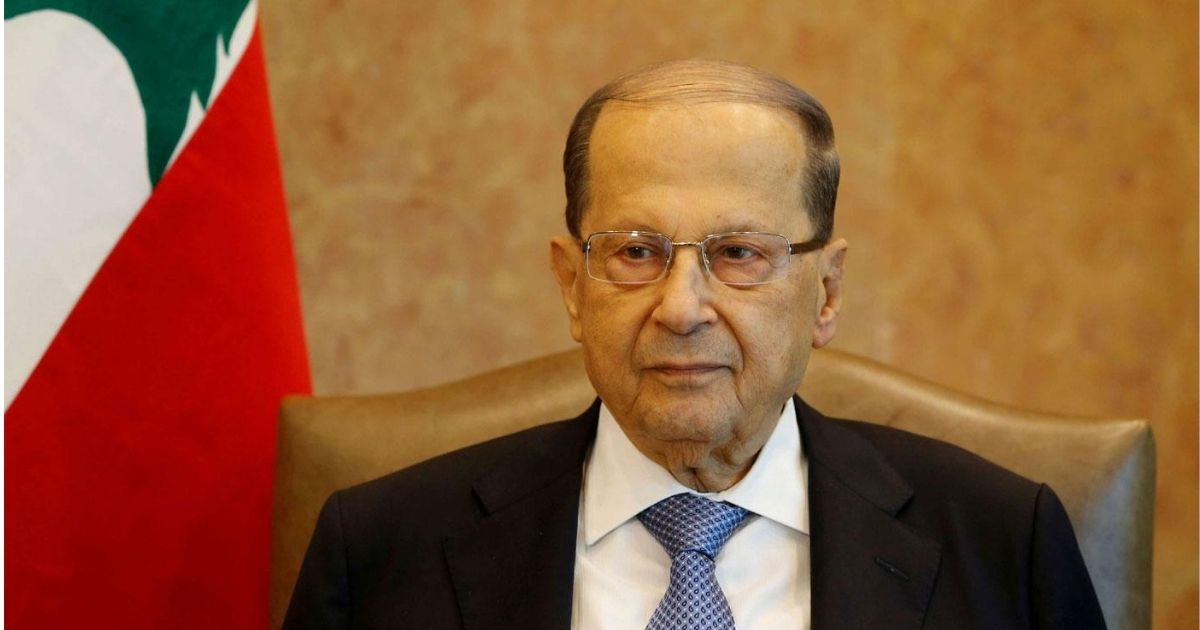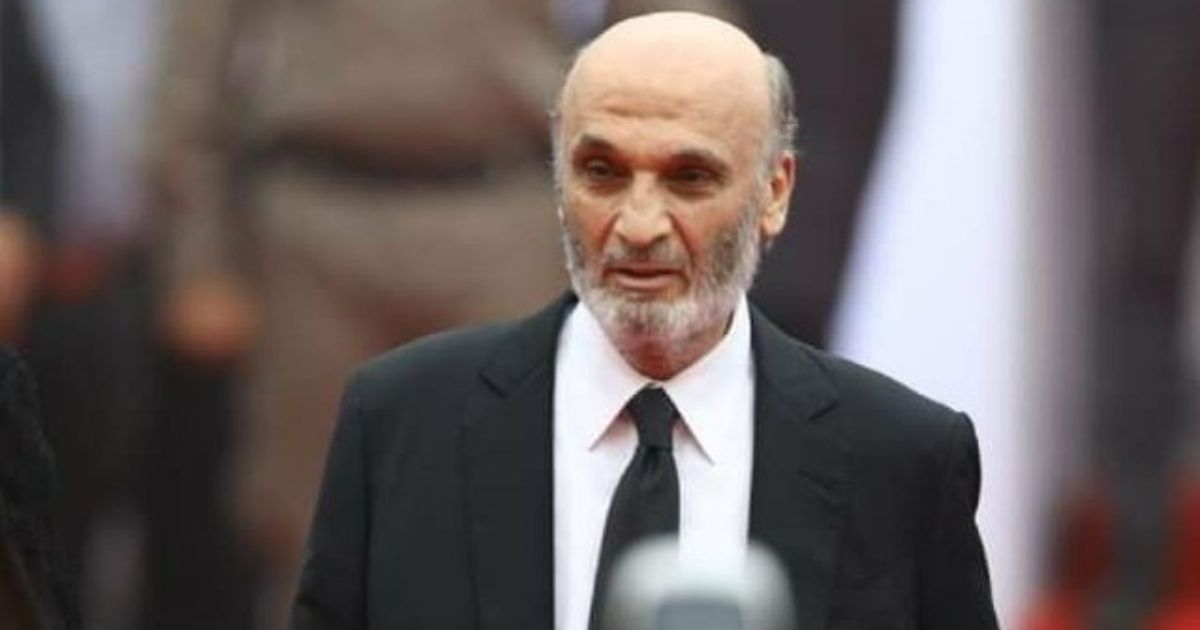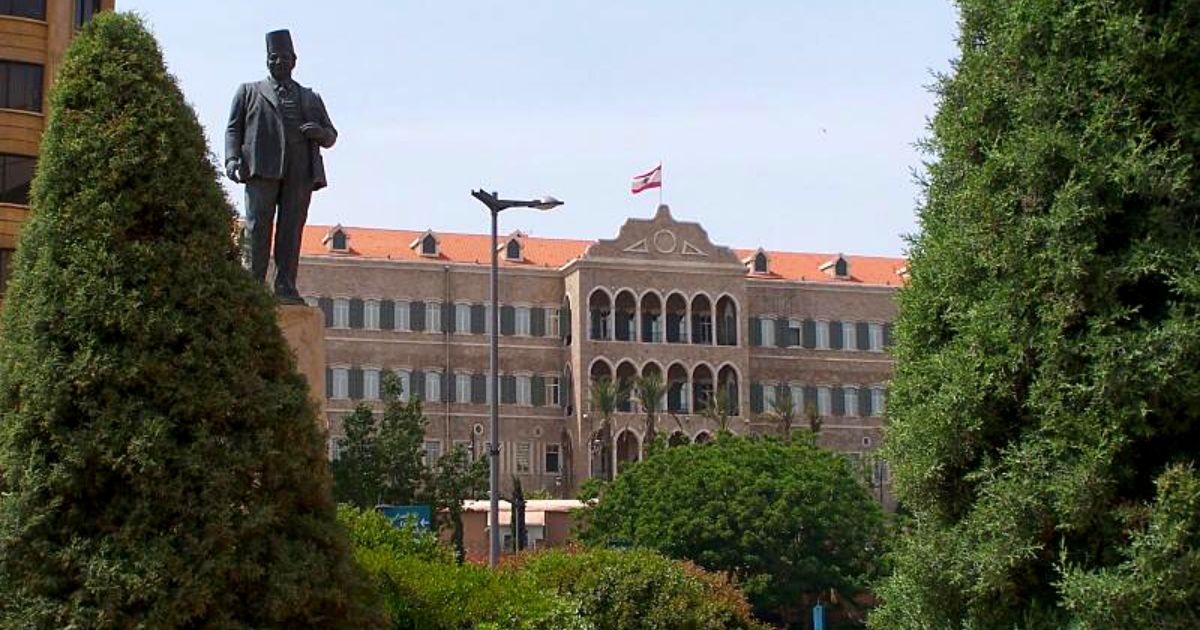It has come to feel like a deja-vu for the Lebanese people when the country’s politicians cite “secrecy” laws in matters that concern them yet demand that their peers reveal theirs.
In the most recent instance, the Ministry of Electricity and Water, run by the Free Patriotic Movement, claims that its contracts in which it spent millions of dollars are “confidential.”
MP Antoine Habchi, who has filed a lawsuit against the ministry for corruption and waste of public funds, wrote on Twitter, “[Electricity] Minister [Raymond] Ghajar told me that the service provider contract in which he spent hundreds of millions of dollars was a confidential contract.”
Meanwhile, the same party along with Lebanon’s President opposed Central Bank governor Riad Salameh when he cited secrecy laws refusing to present documents to forensic auditors.
Considering that transparency is an essential principle in governance, government entities and ministries seem to run their own operations in “secret” from each other, let alone from the tax-paying public. Or so one could understand from these stances.
Reluctance to comply could only mean that these officials have something to hide about where they wasted public funds.

That being said, on Monday, Lebanon’s Parliament passed a law that lifts banking secrecy for one year.
This means there’s no longer any reason for Salameh to resist handing over documents for a forensic audit. If implemented.
Lebanon will have to sign a new contract with forensic auditors. According to caretaker Justice Minister Marie-Claude Najm, the government will look to hire Alvarez & Marsal again after it recently quit.
This brings into question whether or not the Energy Ministry, which is run by one of the main ruling parties, would undergo criminal scrutiny as well.
As far as seen in recent days with Lebanese officials, they easily stand to defy the judicial system when what is asked of them doesn’t suit them.



